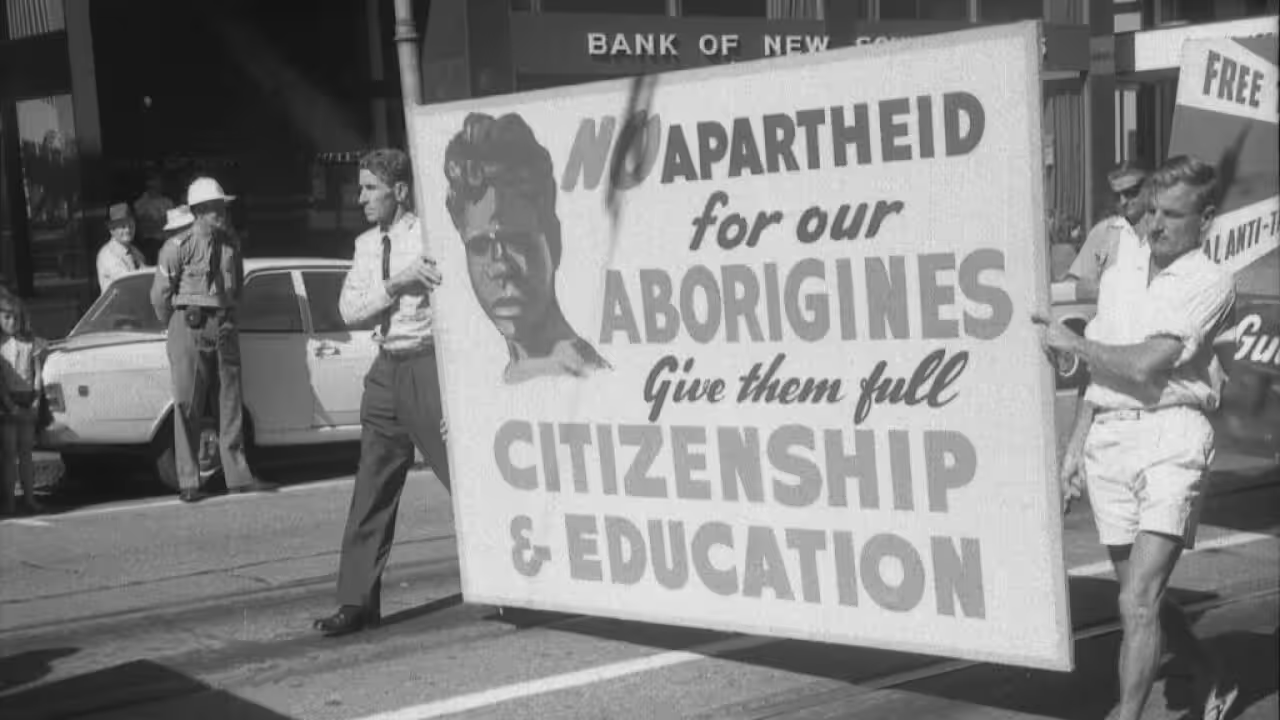Australia’s rich history is filled with significant events that have shaped the nation’s cultural, political, and social landscape. The date July 17 holds a special place in Australian history, marking numerous events that have contributed to the country’s development. This article delves into various notable occurrences on July 17 across different years, highlighting their impact and relevance to Australia’s historical narrative.
See also: What Happened on July 16 in Australian History?
1791: George Vancouver’s Exploration
On July 17, 1791, the British explorer George Vancouver continued his extensive exploration of the Australian coastline. Vancouver, an officer in the Royal Navy, was tasked with charting the southern coast of Australia, among other regions. His voyages provided valuable insights into the geography and potential of the Australian continent, influencing subsequent British colonization efforts.
1821: The Establishment of the Brisbane Penal Colony
July 17, 1821, marked a significant development in the penal history of Australia with the establishment of the Moreton Bay penal settlement, which later became Brisbane. This settlement was intended for re-offending convicts from Sydney and served as a critical outpost for further exploration and expansion into Queensland. The harsh conditions and strict discipline in Moreton Bay highlight the brutal realities of Australia’s early penal colonies.
1881: Inauguration of the Melbourne International Exhibition
On July 17, 1881, Melbourne hosted the Melbourne International Exhibition, a world fair that showcased industrial, cultural, and artistic achievements from various countries. This event was a testament to Australia’s growing economic and cultural status in the world. The exhibition, held at the Royal Exhibition Building, drew visitors from across the globe and highlighted Australia’s advancements in agriculture, manufacturing, and the arts.
1915: The Battle of Lone Pine Announcement
During World War I, July 17, 1915, saw the Australian government announce the upcoming Battle of Lone Pine, part of the Gallipoli Campaign. The battle, which commenced in August 1915, involved Australian and New Zealand Army Corps (ANZAC) forces launching an attack on Ottoman trenches. The announcement marked a significant moment in Australia’s military history, with the Gallipoli Campaign becoming a defining moment for Australian national identity and the ANZAC spirit.
1956: Melbourne Olympics Preparations
In the lead-up to the 1956 Melbourne Olympics, July 17, 1956, saw intense preparations and excitement across Australia. As the first Olympics held in the Southern Hemisphere, the Melbourne Games were a historic event, showcasing Australia’s sporting prowess and organizational capabilities. The preparations included the construction of world-class facilities and the mobilization of athletes and volunteers, setting the stage for a successful and memorable Olympic Games.
1967: Aboriginal Australians Gain Citizenship Rights
A landmark event in Australia’s civil rights movement occurred on July 17, 1967, when Aboriginal Australians were finally granted full citizenship rights. This development followed the historic 1967 referendum, where an overwhelming majority of Australians voted to include Indigenous people in the census and allow the federal government to create laws for them. This date signifies a crucial step towards equality and recognition for Indigenous Australians.
1980: Opening of the Australian National Gallery
On July 17, 1980, the Australian National Gallery (now the National Gallery of Australia) opened its doors in Canberra. This institution became the premier national cultural institution for the visual arts, showcasing an extensive collection of Australian and international artworks. The gallery’s opening marked a significant cultural milestone, enhancing Australia’s artistic landscape and providing a platform for the celebration of visual arts.
1987: The Dismissal of the Fitzgerald Inquiry Commissioner
July 17, 1987, witnessed the dismissal of the Fitzgerald Inquiry Commissioner, Tony Fitzgerald. The Fitzgerald Inquiry was a crucial investigation into police corruption and misconduct in Queensland. The inquiry’s findings led to significant political and legal reforms, including the establishment of the Criminal Justice Commission. The dismissal of the commissioner was a controversial moment in this transformative period for Queensland’s legal and political systems.
1990: The Enactment of the Family Law Reform Act
On July 17, 1990, the Australian government enacted the Family Law Reform Act, which brought significant changes to family law, particularly in relation to the rights of children and the responsibilities of parents. This legislation emphasized the best interests of the child, promoting shared parental responsibility and improving the legal framework for family disputes. The act represented a progressive shift in Australian family law, aligning it with contemporary social values.
1994: Launch of the Australian Cooperative Research Centre for Renewable Energy
The Australian Cooperative Research Centre for Renewable Energy was launched on July 17, 1994. This initiative aimed to advance research and development in renewable energy technologies, fostering collaboration between industry, government, and academia. The center’s establishment underscored Australia’s commitment to sustainable energy solutions and its role in addressing global environmental challenges.
2001: Cathy Freeman’s Retirement Announcement
On July 17, 2001, celebrated Australian athlete Cathy Freeman announced her retirement from competitive athletics. Freeman, an Olympic gold medalist and a symbol of national pride, had a profound impact on Australian sports and Indigenous representation. Her retirement marked the end of a remarkable career, leaving a lasting legacy in the world of athletics and beyond.
2018: Australia’s Space Agency Announcement
On July 17, 2018, the Australian government announced the formation of the Australian Space Agency. This move marked Australia’s renewed commitment to space exploration and technology. The agency aims to enhance Australia’s space capabilities, promote industry growth, and foster international collaboration. The establishment of the Australian Space Agency signifies a significant step towards positioning Australia as a key player in the global space industry.
Conclusion
July 17 holds a diverse array of significant events in Australian history, spanning exploration, cultural milestones, political reforms, scientific achievements, and sporting highlights. Each event contributes to the rich tapestry of Australia’s historical narrative, reflecting the nation’s growth, challenges, and accomplishments. As we reflect on these occurrences, we gain a deeper appreciation for the multifaceted history that has shaped Australia into the vibrant and dynamic country it is today.

